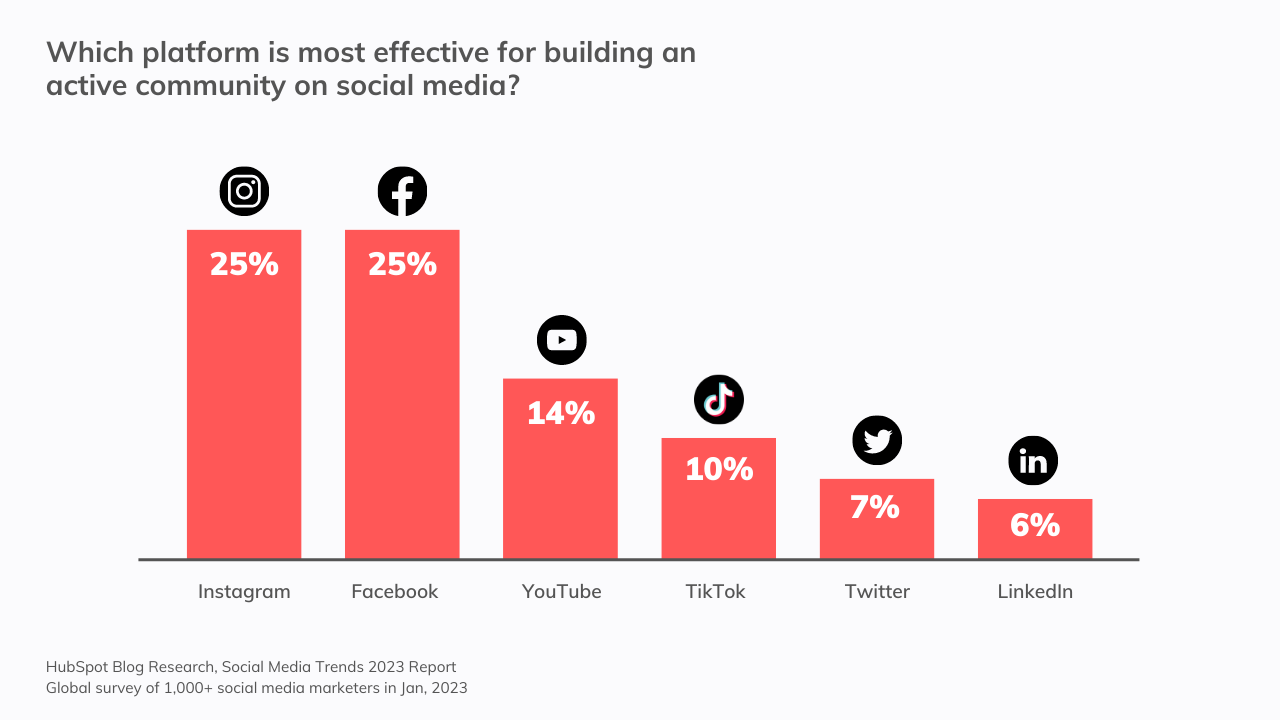Elon Musk, the ever-divisive CEO of X, the rebranded social media platform formerly known as Twitter, took a surprising stance on Friday. In a move that seemingly contradicts his own business interests, Musk voiced strong opposition to a potential US ban on TikTok, the wildly popular video-sharing app owned by Chinese tech giant ByteDance.
This comes as bipartisan support for the ban gathers momentum in Congress, with a bill demanding TikTok's divestment from ByteDance or face expulsion from US app stores scheduled for a vote this coming week. The legislation, backed by both Democrats and Republicans, cites national security concerns over potential Chinese government access to user data.
Taking to his own platform, X, Musk argued against the ban in a brief but impactful post. Acknowledging the potential benefit to X from a diminished competitor, Musk stated, "TikTok should not be banned in the USA, even though such a ban may benefit the X platform. Doing so would be contrary to freedom of speech and expression." This unexpected defense of a competitor has sparked debate online and in the business world.
While some analysts see this as a genuine commitment to free speech principles, others speculate that Musk's motives are more nuanced. They point out that a complete ban on TikTok could create a regulatory precedent that could potentially impact X or other social media platforms in the future. Additionally, some suggest that Musk, a known advocate for technological innovation, may be wary of the chilling effect a government-imposed ban on a major platform could have.
The US government's concerns regarding TikTok are not unfounded. The app's Chinese ownership has long raised questions about data security and potential censorship. The Chinese government has a history of tightly controlling its domestic internet and pressuring tech companies to cooperate with state surveillance programs. However, critics of the proposed ban argue that it represents an overly broad and potentially ineffective solution. They emphasize the importance of finding alternative methods to address data security worries while upholding the principles of a free and open internet.
The debate over the potential TikTok ban is just one facet of a larger conversation about the role of social media platforms in a globalized world. The question of how to balance national security concerns with the free flow of information remains a complex and evolving challenge. Whether Musk's intervention will sway Congress or not remains to be seen, but his stance has undoubtedly injected a new layer of intrigue into the ongoing saga.

